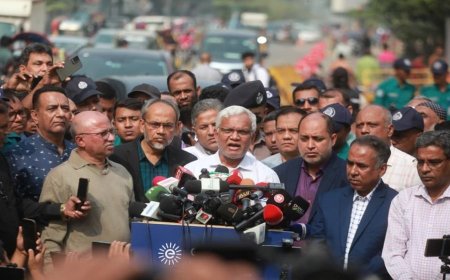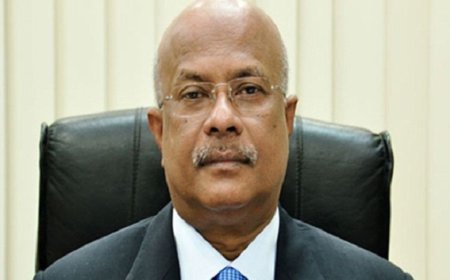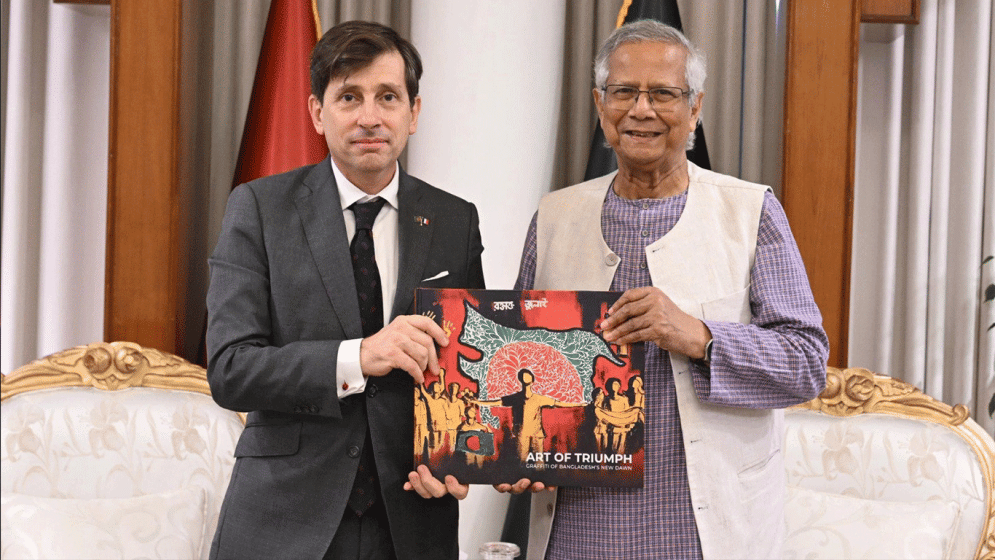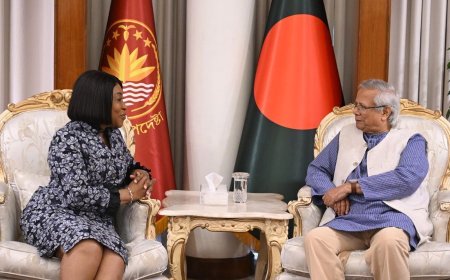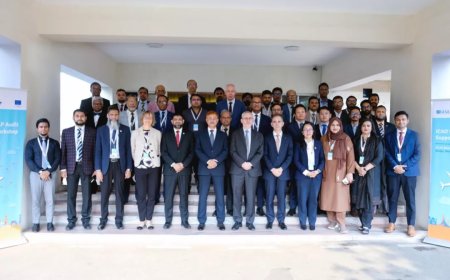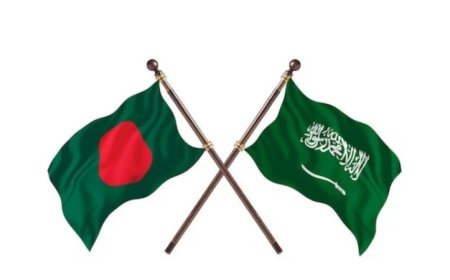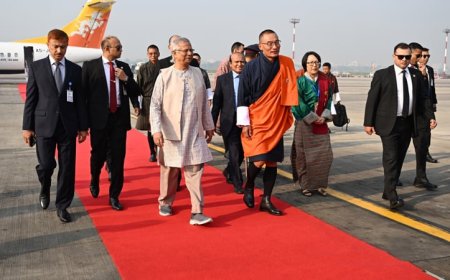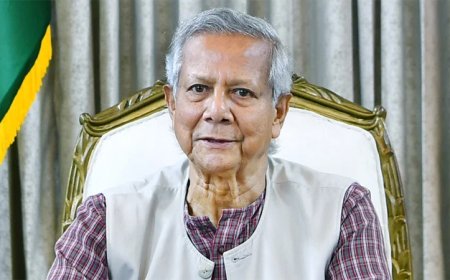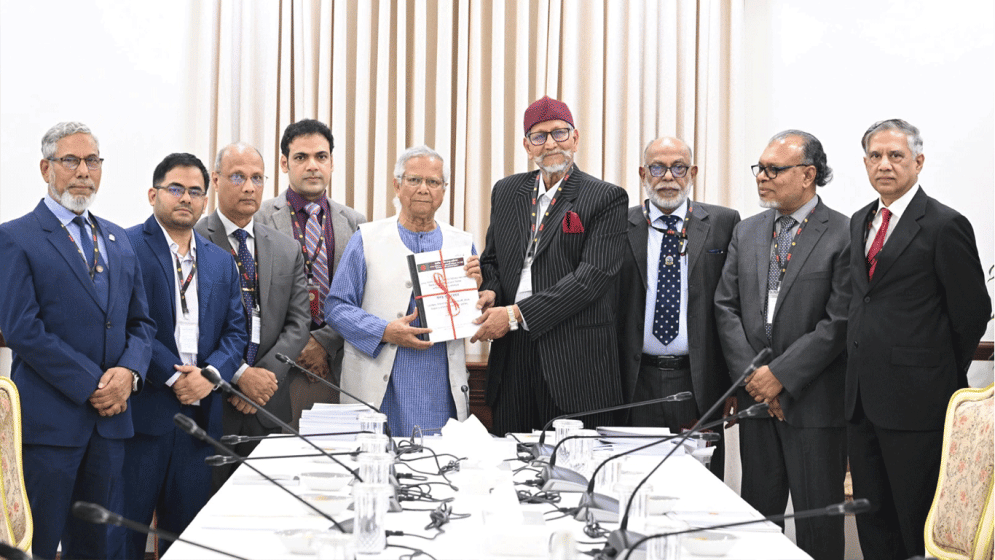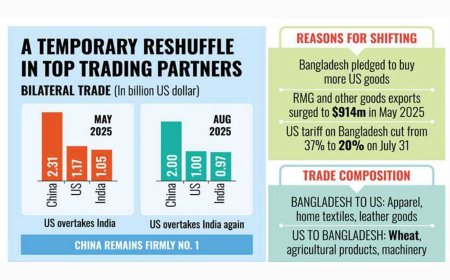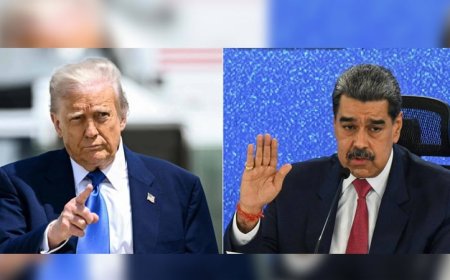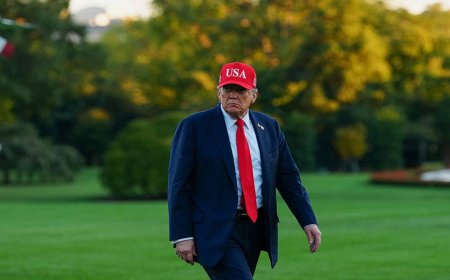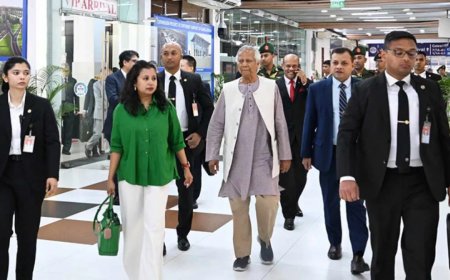Here’s why India is falling out of favor with Bangladeshi fans
Respecting sovereignty and fostering mutual understanding should form the foundation of relationships between neighboring countries.
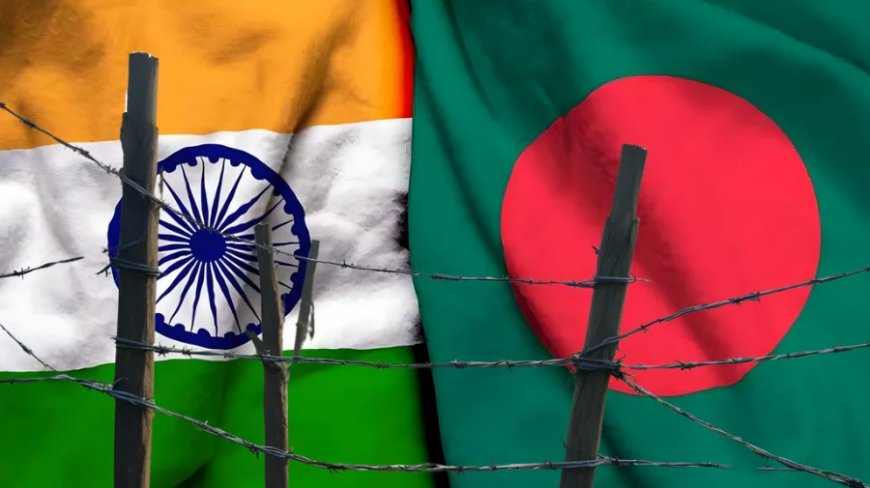
I am neither a politician nor an expert in foreign policy; I’m simply a politically aware citizen reflecting on the increasingly strained relationship between Bangladesh and India. Historically, our two nations have shared a close bond. The people of Bangladesh remain genuinely grateful for India’s involvement in the Liberation War of 1971. That said, it's important to acknowledge that our independence was inevitable, driven by the unwavering will of our people. Nonetheless, India’s support helped shorten the war and spared countless lives, a contribution that should never be forgotten. As neighboring countries, our destinies are intertwined — we need India, just as India needs us. Ignoring this geographical and strategic reality would be shortsighted.
Our countries share deep cultural ties — from Bollywood films, fashion, and cuisine to tourism. Indian products dominate Bangladeshi markets, and we’ve been loyal consumers across industries, including healthcare, apparel, and FMCGs. We’ve also welcomed Indian professionals and learned from their private sector expertise. We’ve tolerated the trade imbalance and accepted India’s seniority — as a larger, older, and more diverse nation. It’s understandable if India adopts a 'big brother' stance. What’s unacceptable, however, is when that turns into condescension or bullying.
When people speak of a tense or “stern” relationship, they’re usually referring to several core issues:
1. Domineering Attitude
In today’s era of social media, information is readily accessible. Bangladeshis can critically assess the historical and present dynamics between our countries. While the Indian government often speaks out against human rights violations in Bangladesh, similar issues — particularly involving Muslim minorities — persist within India itself. This perceived double standard, where India "preaches" externally what it fails to uphold internally, creates frustration and resentment.
2. Border Killings
Perhaps the most glaring grievance is the killing of Bangladeshi civilians by India’s Border Security Force (BSF), often over alleged smuggling or illegal crossings. While illegal migration is a valid concern, it should be addressed through humane and non-lethal methods — such as surveillance, rubber bullets, and improved joint patrols. These deaths not only spark outrage but also symbolize a lack of respect for Bangladeshi lives, eroding goodwill between our nations.
3. Teesta Water Sharing
Despite India’s active involvement in Bangladesh’s internal matters, it has remained unresponsive to one of our most pressing concerns — the fair sharing of Teesta River water. This selective engagement highlights a situational mindset that doesn't sit well with the people of Bangladesh, who expect reciprocity, not indifference.
4. Political Perceptions
There’s a widespread belief that India maintains close ties with a single political party — the Awami League — to serve its own strategic interests. This perception gained traction when former Prime Minister Sheikh Hasina, after being ousted, sought refuge in India, and India recently called for inclusive elections. Strangely, such calls were absent over the last 15 years during the Awami League’s uninterrupted rule. The Indian media’s role has also been questionable — often amplifying divisive narratives or spreading misinformation about minorities in Bangladesh, which fuels resentment.
While the recent diplomatic meeting in Thailand between the two nations was initially welcomed, Indian media’s framing of the event sparked backlash. Dr. Muhammad Yunus, a globally respected figure in Bangladesh, was portrayed negatively. It's important to remember that following Sheikh Hasina’s ousting — largely led by student-led mass protests — Dr. Yunus stood as a symbol of hope and stability.
Bangladesh is moving forward with a renewed sense of identity, especially among its youth. India must respect our sovereignty and right to chart our own course in foreign affairs. Interference in domestic or international matters will only alienate the younger generation, which deeply values independence and national pride.
If India has concerns, they should be expressed through respectful dialogue, not condescending rhetoric. True partnership lies in cooperation and mutual benefit. We may be a smaller nation, but with a population of 180 million, Bangladesh represents a significant market — and an eager partner — waiting for India to engage with a spirit of equality and respect.
What's Your Reaction?







